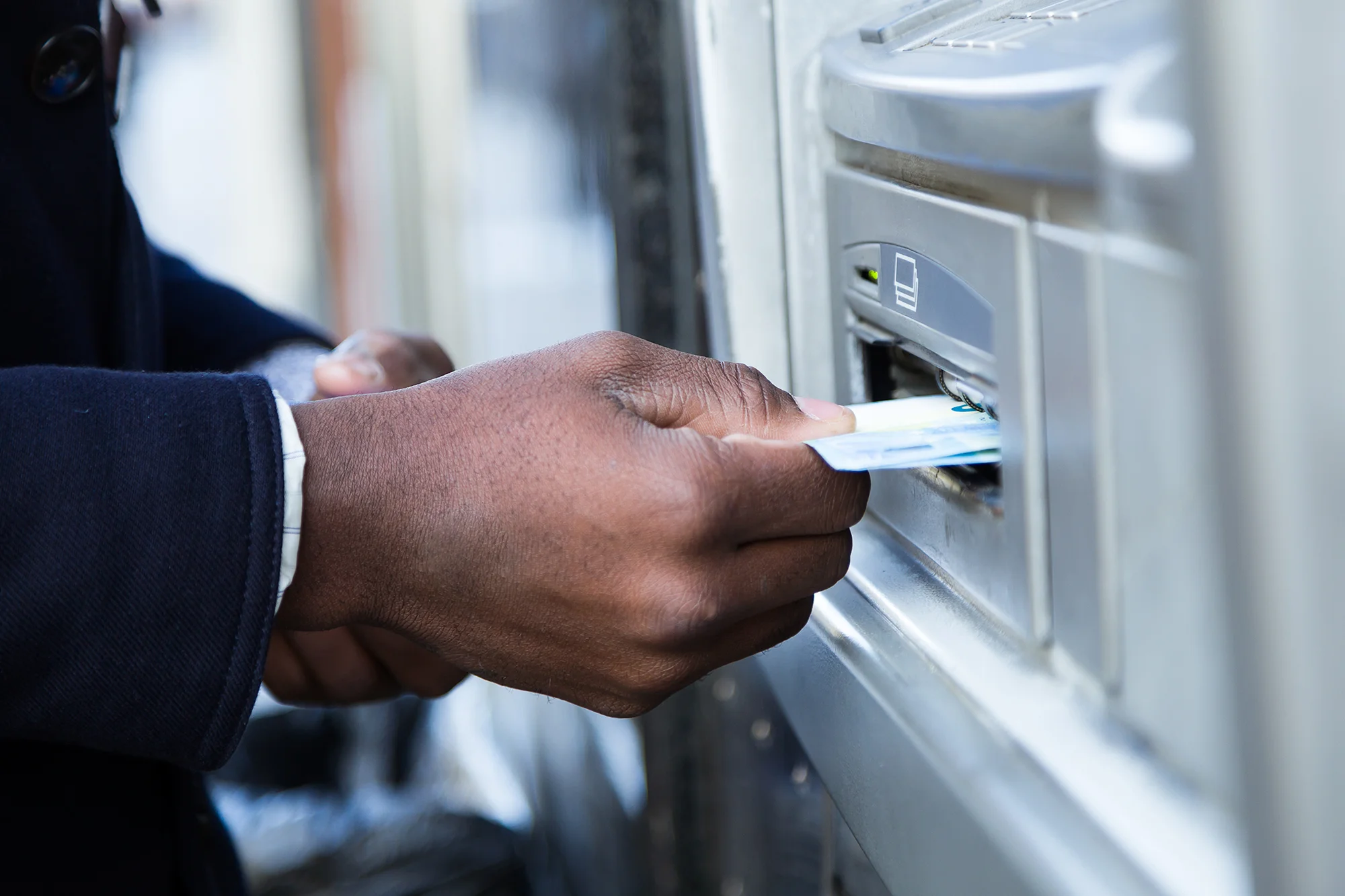Frequently Asked Questions (FAQs) about Deceased Accounts
Will my Bank Freeze the Decedent’s Account(s)?
This varies by institution. Some banks may freeze the account if they are notified of a death, some may not. You need to speak with the bank in question to learn their policies and procedures.
Will a Joint Account be Closed?
If the decedent had a joint account with a spouse or other person, the account does not need to be closed. When a joint account is opened, the account agreement usually includes rights to survivorship. This means that the account automatically passes to the other person with whom the account was shared upon the death of an account holder. The bank should be notified of the death of the account holder and will likely require a death certificate. Ask if there are any procedures that need to be completed to ensure the account passes to the survivor.
Please note: If the estate will be going through probate and the account did not include rights to survivorship, it might be considered part of the estate. Consult a lawyer if you are unsure about the need to include the account in the estate.
Will the Decedent’s Personal Account Be Closed?
If the decedent has a checking, savings or other bank account solely in their name that does not have named beneficiary provision, and the estate will be going through probate, a personal representative (PR) needs to place the funds into an estate account.
To begin this process, contact the bank and ask about their policy. The bank will require a death certificate before any action can be taken and may require that only the PR of the estate handle the account. In this case, the bank will also require documentation of the person’s status as PR before they are able take action. Once approved, the PR can either transfer the balance or close the original account and deposit the balance into a new estate account.
If the estate is not going through probate, laws vary by state as to how bank accounts are handled after the death of the account holder. Some states allow money to be turned over to the next of kin as long as the account balance is under a certain threshold. Other policies may apply, so it’s always advisable to contact the bank.
How Are Checks Handled?
You may find that the decedent had checks to be deposited after they’ve passed away. Last paychecks, dividends from investments, security deposits and other types of funds may be allotted to the decedent after death, as well as checks already on their way before the death occurred.
Estate: As with the bank accounts, the check is legally part of the decedent’s estate. This means that only the PR has the authority to cash or deposit the check in the estate account for distribution when the estate is settled.
Small or No Estate: If there is no estate, or if the decedent has a small estate and will be following the small estate procedures rather than a formal probate, sometimes the check(s) and funds will be turned over to the next of kin.
Sole Accounts: If the decedent has an account solely in their name, depositing the check into their account may be the easiest option. The funds will be safely in the decedent’s account until they can be distributed at the time the estate is settled.

